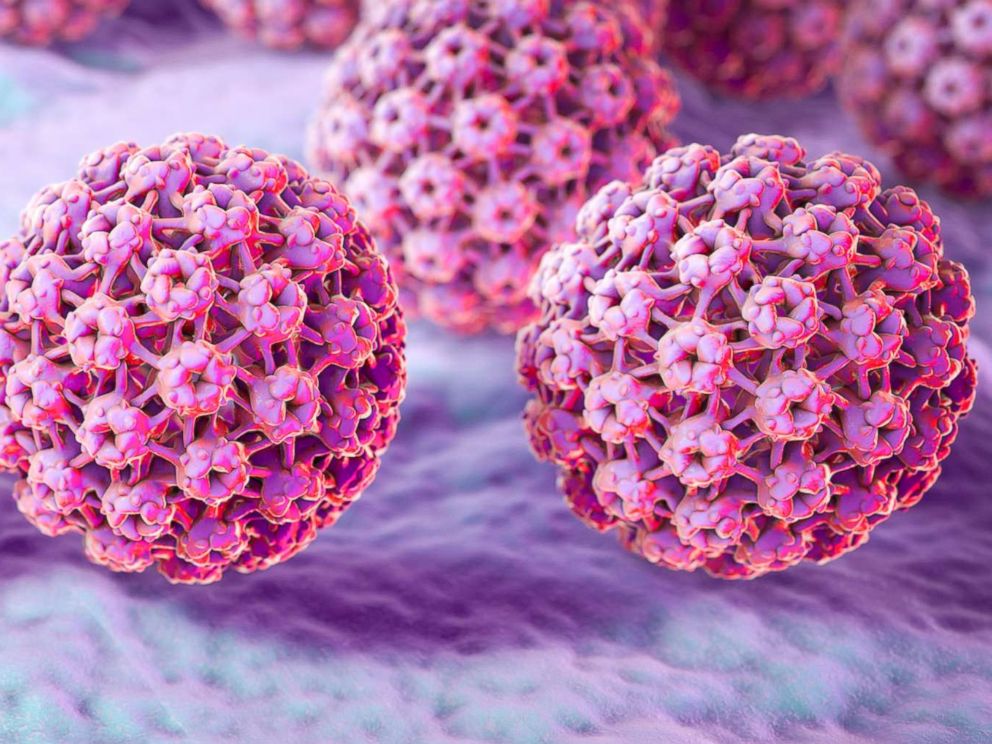Siriraj Hospital announces new comfortable and non-intrusive manner of detecting HPV through urine analysis
Source: Thailand Medical News Apr 02, 2019 6 years, 9 months, 3 weeks, 6 days, 9 hours, 59 minutes ago
Siriraj Hospital in Thailand, lead by Dr Vuthinun Achariyapota announced at the recent Society Of Gynecologic Cancers (SGO) Annual Meeting 2019 in Hawaii of a new novel approach of detecting HPV via urine samples.
HPV Virus
The group from Siriraj Hospital initially conducted a study from a sample size of about 96 women. In the study, two methods of detecting high-grade squamous intraepithelial lesions(HSILs) from women with abnormal Pap test results were carried out. The methods involved analyzing both urinary and also cervical samples.
Before the participants underwent the coloscopy and also submit the final urine sample for analysis, they had to first provide a void urine sample and also avoid sex for at least 2 days prior to final sample collection.
Also before undergoing colposocopy, the researchers collected a urine sample and a cervical sample from each of the participants.
Subsequent colposocopy revealed about 85% of the samples contained high-grade potentially carcinogenic HPV lesions.
The cervical and also urine samples collected were also send for DNA testing and also for same high-grade HPV types.
“Carcinogenic HPV types were found in 81% of the cervix sample and in 73% of the urine samples”, said Dr Achariyapota.
Further histological analysis of these cervix and urine samples confirmed similar HSILs.
| |
Sensitivity |
Specificity |
Accuracy |
| Urine samples |
86.2% |
47.4% |
70.8% |
| Cervical samples |
94.8% |
39.5% |
72.9% |
Table. Urinary and Cervical High-Risk HPV Detection
Participants comfortability and satisfaction analysis revealed that most of the women preferred providing urine samples versus cervix samples and from this findings, it indicated that most women would more likely prefer urine sampling for HPV analysis.
Dr Achariyapota concluded that detection of high-risk HPV in urine samples is both "easy and feasible."This is especially important in countries with poor resources and also this method is more easy and affordable compared with existing methods that can take time and is more costly. Faster determination of the presence of HPV also means that a lot of women can gain access to faster treatment.
He also pointed out that there was no need for pelvic examinations, which many women have a fear of and hence often reject a pelvic exam, as real-time PCR analysis of urine samples represents a better alternative .
Editor Notes:
<
em>It is interesting to take observe that there is currently a lot of studies and research being undertaken by Thai Medical Doctors and Medical Researchers, that are among the most specialized Medical Professionals in the Asian region . Many of these Medical Professionals have contributed greatly to new medical discoveries, new medical protocols and even the discovery of new drugs, diseases etc but very often many people, not only from around the world but also in Thailand are not aware of the significant contributions by Thai Medical Professionals in the field of Medical advancement. Thailand Medical News hopes that more of the local universities, teaching hospitals, hospitals ,doctors and medical researchers will also work with Thailand Medical News in letting not only the medical community from other countries be aware of these new findings and discoveries but also let the common laymen from Thailand and around the world be aware of this in a more simpler language
